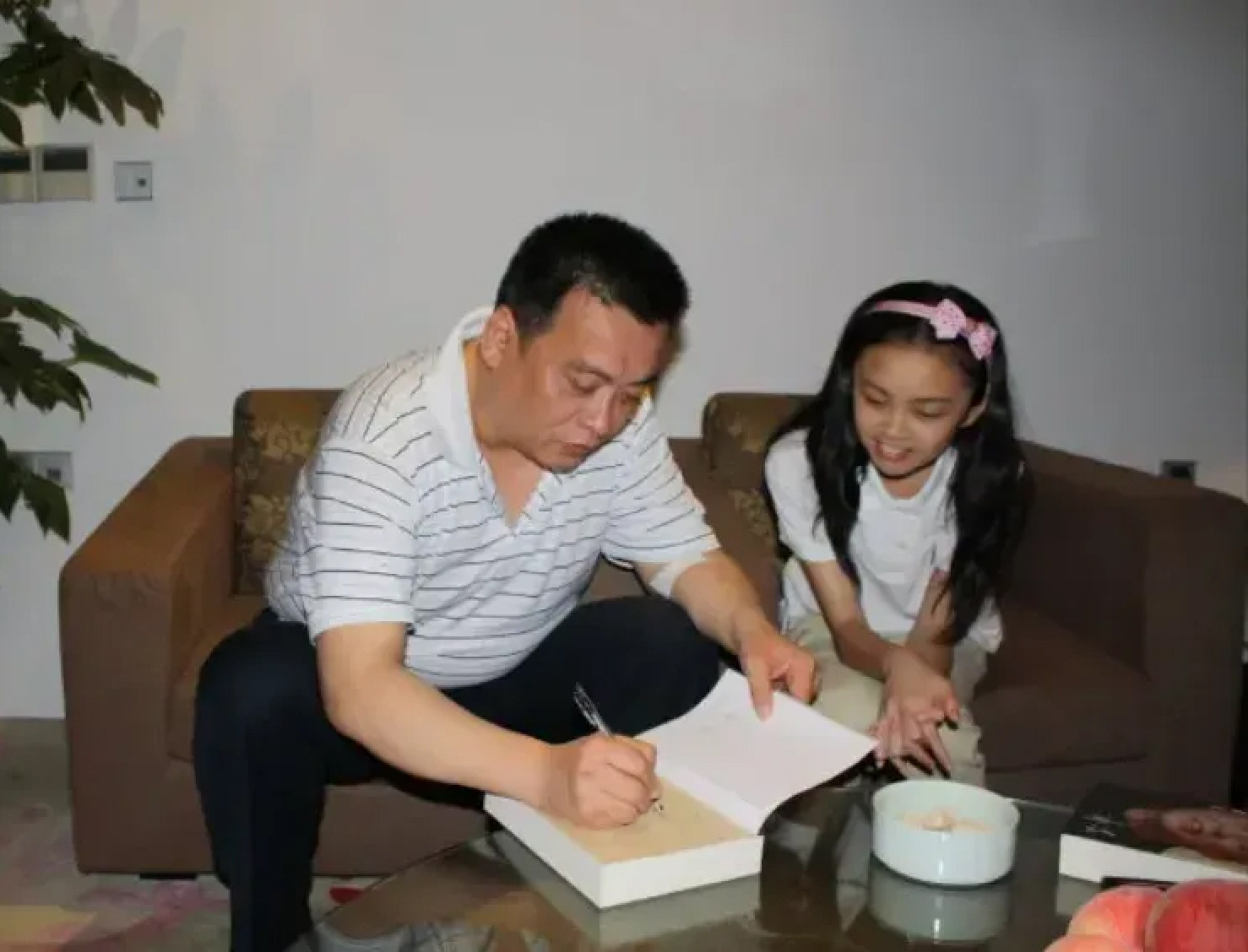Guo won a silver medal at the International Olympiad in Informatics (IOI) in 2015, and then enrolled at Harvard University, where he earned a bachelor's degree in mathematics and a master's degree in computer science.
While attending a prestigious Ivy League university, she also interned at top tech companies such as Microsoft and Google.
Guo then went on to earn a PhD in Computer Science from Stanford University, where he continued his research at the intersection of natural language processing and graphics.

Reflecting on her choice, Guo said, “When I was younger, I was good at writing and won many awards, but I wasn't very good at math. I thought that just being good at writing wasn't cool, and I felt that it was harder to excel in math because programming and math were male-dominated fields.”
“It doesn't really matter if you go to Harvard, MIT or Stanford. It's about personal growth.”
Guo's mother is an MIT graduate and his father, Guo Huaqiang, is the former chairman of Hangzhou-based IT services company Sunyard Technology.
Pika's origins and success
The idea for Pika was born from an experience at the 2022 AI Film Festival in New York, where Guo and several of his Stanford University computer science doctoral classmates participated but did not win.
Their dissatisfaction with existing video tools led them to develop a superior AI video generation tool.
Last April, Guo decided to drop out of Stanford and co-founded Pika, a company focused on developing an easy-to-use AI video generator, with fellow Stanford PhD student Chen-Lin Meng.
“If we compare last year's AI-generated videos with the videos from March this year and the videos from the past month or two, we can see that video generation models are really developing rapidly,” Guo said in an interview with Chinese media Overseas Unicorn, explaining the main reason he dropped out of school.
Pika has grown rapidly since its founding, raising $135 million at a market cap of $470 million.
Notably, the launch of Pika 1.0 version not only attracted Guo's attention in the business community, but also caused Sunyard Technology's shares to rise by more than 20% in a week, earning it the nickname “daughter concept stock”.

Public reaction in China
Many who listened to Guo's talk were particularly drawn to the “Silicon Valley story” of innovative founders building successful startups.
One person commented: “Beautiful looks, genius, 'great family background' and 'worth 3 billion yuan'. All of these descriptions are eye-catching, embodying the seemingly impossible 'perfect triangle' of beauty, wealth and talent.”
Another said: “I lack the reincarnation skills. Give me the script for this life in the next life.”
However, there is also a growing sense of fatigue about such “elite narratives” and “divine creation” through stories.
“She may be the tech equivalent of Irene Goo, but she's a bit out of reach for the average person,” one person commented.
“As the daughter of the Sunyard boss, she has a different starting point. If she had started from scratch with no background, she would have been a true genius. We acknowledge her excellence but we can't praise her too much,” wrote another.

